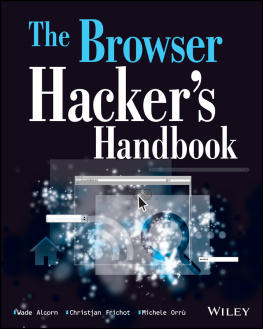Michal Zalewski - The Tangled Web: A Guide to Securing Modern Web Applications
Here you can read online Michal Zalewski - The Tangled Web: A Guide to Securing Modern Web Applications full text of the book (entire story) in english for free. Download pdf and epub, get meaning, cover and reviews about this ebook. year: 2011, publisher: No Starch Press, genre: Romance novel. Description of the work, (preface) as well as reviews are available. Best literature library LitArk.com created for fans of good reading and offers a wide selection of genres:
Romance novel
Science fiction
Adventure
Detective
Science
History
Home and family
Prose
Art
Politics
Computer
Non-fiction
Religion
Business
Children
Humor
Choose a favorite category and find really read worthwhile books. Enjoy immersion in the world of imagination, feel the emotions of the characters or learn something new for yourself, make an fascinating discovery.
- Book:The Tangled Web: A Guide to Securing Modern Web Applications
- Author:
- Publisher:No Starch Press
- Genre:
- Year:2011
- Rating:3 / 5
- Favourites:Add to favourites
- Your mark:
The Tangled Web: A Guide to Securing Modern Web Applications: summary, description and annotation
We offer to read an annotation, description, summary or preface (depends on what the author of the book "The Tangled Web: A Guide to Securing Modern Web Applications" wrote himself). If you haven't found the necessary information about the book — write in the comments, we will try to find it.
--Tavis Ormandy, Google Inc.
Modern web applications are built on a tangle of technologies that have been developed over time and then haphazardly pieced together. Every piece of the web application stack, from HTTP requests to browser-side scripts, comes with important yet subtle security consequences. To keep users safe, it is essential for developers to confidently navigate this landscape.
In The Tangled Web, Michal Zalewski, one of the worlds top browser security experts, offers a compelling narrative that explains exactly how browsers work and why theyre fundamentally insecure. Rather than dispense simplistic advice on vulnerabilities, Zalewski examines the entire browser security model, revealing weak points and providing crucial information for shoring up web application security. Youll learn how to:
- Perform common but surprisingly complex tasks such as URL parsing and HTML sanitization
- Use modern security features like Strict Transport Security, Content Security Policy, and Cross-Origin Resource Sharing
- Leverage many variants of the same-origin policy to safely compartmentalize complex web applications and protect user credentials in case of XSS bugs
- Build mashups and embed gadgets without getting stung by the tricky frame navigation policy
- Embed or host user-supplied content without running into the trap of content sniffing
Michal Zalewski: author's other books
Who wrote The Tangled Web: A Guide to Securing Modern Web Applications? Find out the surname, the name of the author of the book and a list of all author's works by series.

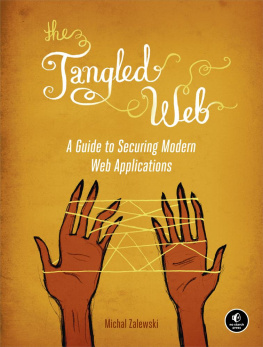
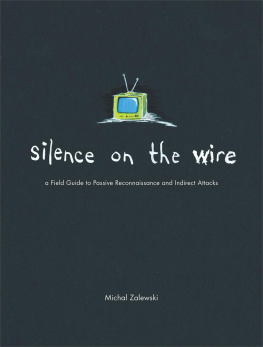
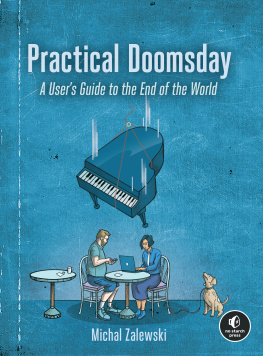

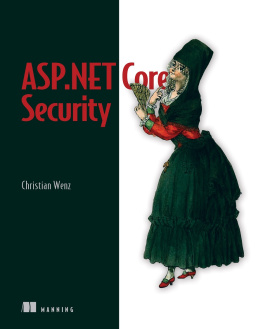
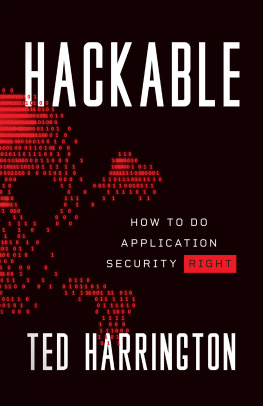
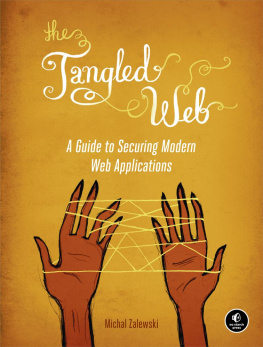
![Prateek Mehta [Prateek Mehta] - Creating Google Chrome Extensions](/uploads/posts/book/120559/thumbs/prateek-mehta-prateek-mehta-creating-google.jpg)
